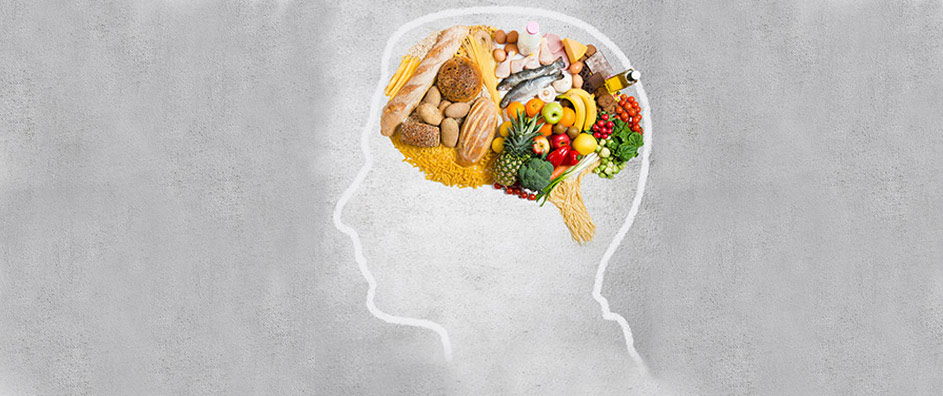The Baha’i Fast, observed annually from March 2 to March 20, is a profound spiritual practice that transcends mere abstention from food and drink during daylight hours. This discipline serves as a significant component of the Baha’i faith, embodying principles of reflection, renewal, and unity. Engaging in fasting allows practitioners to realign their spiritual aspirations and cultivate a deeper connection with the divine. This guide elucidates the multifaceted dimensions of the Baha’i Fast, exploring its significance, underlying tenets, and transformative effects on individuals and communities.
1. Understanding the Essence of Fasting in the Baha’i Faith
At its core, the Baha’i Fast is a voluntary practice, embraced by Baha’is as a means of fostering spiritual growth and enhancing self-discipline. The act of fasting emerges as a metaphor for the soul’s journey towards spiritual enlightenment. It is not merely a physical act of refraining from sustenance, but an invitation to cultivate a heightened awareness of one’s spiritual needs and obligations. This unique approach emphasizes introspection and the abandonment of worldly distractions, inviting adherents to confront their innermost thoughts and desires.
2. Historical Context and Scriptural Foundations
The origins of the Baha’i Fast are deeply intertwined with the teachings of Baha’u’llah, the founder of the Baha’i faith. Baha’u’llah elucidates the purpose of fasting as a means to cleanse the soul and foster spiritual resilience. Scriptural references outline the obligation to fast as well as the accompanying principles of moderation, humility, and perseverance. Unlike fasting in other religious traditions, the Baha’i Fast does not focus solely on physical deprivation; instead, it promotes a holistic approach to spiritual wellness.
3. The Ritual and Practice of Fasting
During the Baha’i Fast, followers abstain from food and drink from sunrise to sunset, a practice that underscores the significance of spiritual sustenance. The fast is broken after sunset with a meal that can include prayer and community gathering, enhancing the sense of unity among participants. The process of fasting encapsulates the reinforcement of the will, enabling individuals to master their desires and urges. This ritualistic aspect of the Fast serves as a communal bond, as Baha’is often engage in collective prayers and discussions centered around spiritual themes.
4. Spiritual and Physical Benefits
The Baha’i Fast offers a plethora of spiritual and physical benefits. Spiritually, fasting serves as a catalyst for self-reflection, prompting individuals to assess their lives and consider their commitments to their faith and community. It allows Baha’is to prioritize spiritual over physical needs, encouraging a transformative journey towards deeper faith and introspection. Physiologically, while fasting may involve a temporary adjustment period, many adherents report increased vitality and mental clarity. The discipline cultivated through fasting can bolster resilience and self-control, attributes that extend beyond the practice itself.
5. Community and Solidarity
The collective nature of the Baha’i Fast fosters a profound sense of solidarity within the community. During this sacred period, Baha’is come together to share experiences, support one another, and engage in acts of service. The Fast becomes not only a time for personal reflection but also a season of communal enrichment. By participating in group prayers, discussing individual experiences, and engaging in charitable endeavors, adherents reinforce communal bonds and uplift one another’s spirits.
6. The Fast as a Test of Character and Commitment
Fasting inherently presents challenges, testing the character and commitment of participants. The difficulty of abstaining from basic needs encourages introspection and self-examination. Through this process, Baha’is cultivate virtues such as patience, humility, and generosity. As individuals confront their limitations, they are reminded of the fragility of human existence and the importance of spiritual perseverance. Such tests of character ultimately serve to fortify one’s resolve, leading to spiritual enlightenment and growth.
7. Reflections and Personal Growth
The end of the Fast heralds a period of reflection, allowing participants to assess their experiences and personal growth. Many individuals report a marked shift in perspective, wherein they emerge from the Fast with enhanced gratitude for spiritual gifts and a deeper appreciation for community relationships. Reflecting upon the transformative journey of the Fast, Baha’is often discover renewed motivations to enact positive changes in their lives, cultivate further spiritual practices, and reinforce their commitment to social service and engagement.
8. Conclusion: Envisioning the Future of Fasting
As Baha’is engage in the Fast, they are beckoned towards a renewed understanding of their relationship with both the material and spiritual realms. The practice of fasting, while deeply personal, invites collective transformation, aligning practitioners towards a common goal: the betterment of humanity and the cultivation of a harmonious society. The Baha’i Fast, thereby, emerges as a microcosm of the path towards spiritual humanity. By embracing the teachings of fasting, Baha’is become catalysts for change, nurturing a society rooted in unity, compassion, and love.
